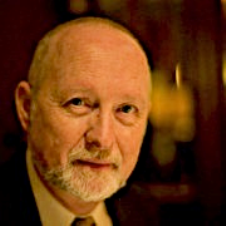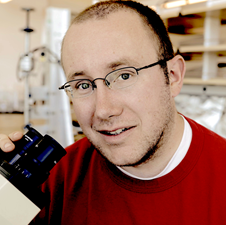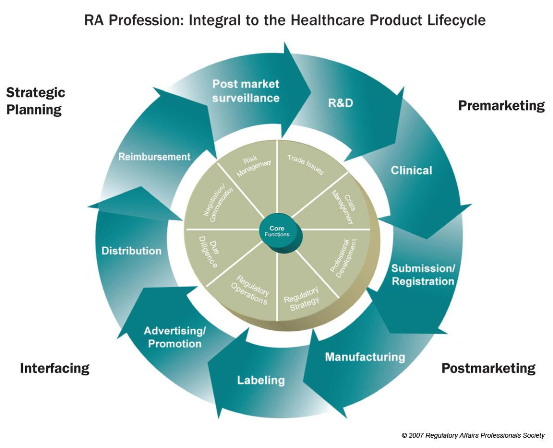

Department of Biomedical Engineering to Introduce New Regulatory Affairs Curriculum.
The department is excited to announce the launch of a new curriculum focused on regulatory affairs starting with a two-semester course on the topic. The ever-increasing complexity and reach of medical devices and drugs has made regulatory oversight to assure product safety and efficacy an inherent component of operating in the biomedical industry.
As regulations can be complex and vary widely from region-to-region, graduates with practical knowledge of regulatory affairs are in increasing demand. To better prepare its students to meet the growing need for an understanding of regulatory affairs and succeed in this complex and highly legislated field, the new regulatory affairs course will take a practical, hands-on approach. During the first semester, special emphasis will be placed on the U.S. regulatory system. The second semester will focus on regulations in the European Union, critical Asian markets and global coordination strategies.
The course will be co-taught by
Dr. Tomasz Petelenz
and
Dr. John Skousen
. Similar to the department’s nationally recognized curricula in entrepreneurship called “bioInnovate” and in biomedical device design called “bioDesign,” students will work on projects rather than simply memorizing lists of regulations. As students prepare project submissions they will receive mentoring and feedback from regulatory professionals from local industry and reviewers at the US Food and Drug Administration (FDA).
With over 30 years of experience in medical device development, Petelenz will provide students with an industrial perspective on the impact that regulatory decisions

can have on a biomedical company. Skousen, a U bioengineering alumnus, will leverage his recent experience working at the FDA to provide students insight into the agency’s approach to the regulatory process.
“I am thrilled that we are adding this new dimension to our curriculum,” said Patrick A. Tresco, chair of the Department of Biomedical Engineering. “Very few bioengineering programs exist that teach every aspect of the product development cycle and give students direct experience with regulatory affairs — working on projects and receiving real world expert feedback. Regardless of whether our students choose to pursue careers directly in regulatory affairs or as engineers, clinicians, attorneys or entrepreneurs, this experience will be invaluable to them.”
For further information please refer to the course website or contact the instructors.
Course Code: BME 5900-002